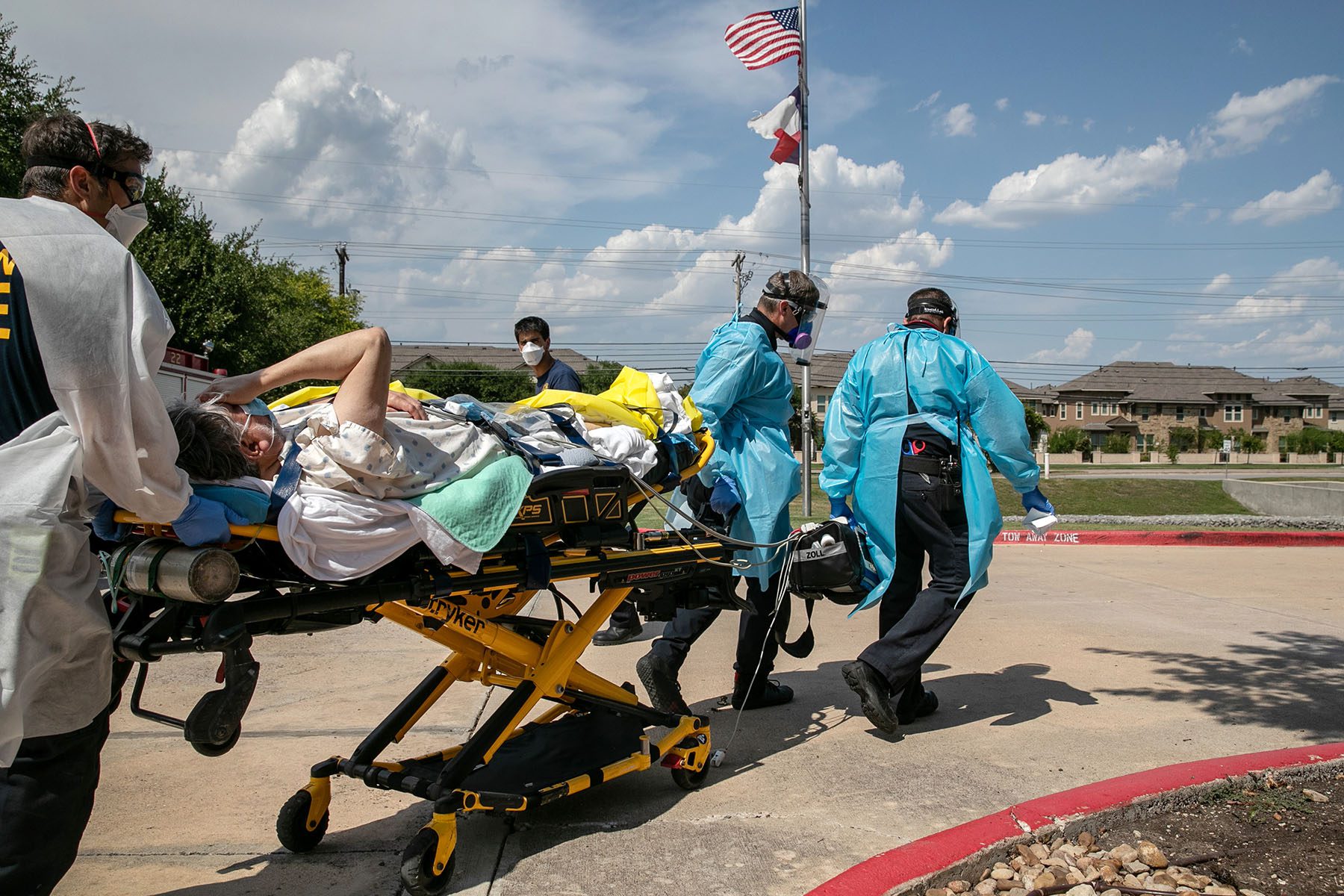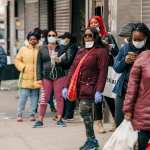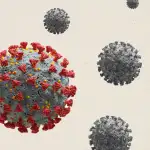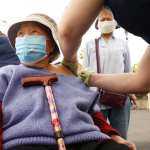Across the country, men were dying from COVID-19 at higher rates. Why?
A study published in August 2020 by Yale researchers made headlines with its findings: Men are more likely to have weaker immune responses to the coronavirus. Widespread media coverage amplified the claim and stoked public concern that men might need different treatment or vaccination strategies than women.
But now, a new study from Harvard’s GenderSci Lab challenges those claims and suggests that biological differences between cisgender men and women might not affect COVID-19 outcomes. Its authors argued that the original study failed to consider social factors that could have contributed to the differences in mortality rates.
The tension between the two studies reflects a larger tension in the biomedical and biomedical social science fields: nature versus nurture. Are more men dying because of biological or cultural, gendered factors?
“We’re not necessarily debunking the claim that COVID-19 affects men more,” said Heather Shattuck-Heidorn, the lead author of the new study from the Harvard GenderSci Lab. “We’re debunking the claim that this study that we’re discussing provides evidence that there’s sex differences in the response to COVID.”
The researchers from Yale wrote in their response to GenderSci’s findings that the two analyses “are fundamentally asking different questions and would not be expected to identify the same factors.”
Takehiro Takahashi, an associate research scientist and the lead author of the Yale study, agreed that social factors — including class, race and gender — play a role in COVID-19 immune responses, but said the purpose of his research was explicitly to “examine the role of biological sex” among hospitalized patients. The original paper was published in Nature, a high-profile scientific journal that features peer-reviewed science and technology research. The Harvard study was published in the same journal with an attached rebuttal from the Yale researchers — which is standard practice for any post-publication commentary.
“We really agree that gender aspects and social demographics definitely play an important role, but it is also true that tons of previous evidence have already proven the importance of biological differences in immune responses,” Takahashi told The 19th.
Sex refers to biological differences between cisgender men and women, including chromosomes and sex organs. Gender, however, refers to socially constructed roles and behaviors which change depending on the cultural context, according to the National Institutes of Health.
The Harvard researchers found that most of the “sex differences” in the Yale study disappeared after adjusting for age and body mass index; several of these claims were based on extremely small samples; and at least three of the so-called “sex differences” were actually comparisons of people of the same sex.
“The root causes of health disparities between men and women are obscured when researchers attribute the disparities to sex-linked biology, without considering contextual factors,” Shattuck-Heidorn said.
Shattuck-Heidorn said the Yale study was published at a time when the country was facing an uptick in cases and was a distraction as time and energy was used to pursue “sex-based treatment ideas,” a lot of which were experimental. Sarah Richardson, the director of the GenderSci Lab, said the original study stoked widespread fears that women were not being adequately included in the research and increased concern that vaccines would work differently for men and women.
According to the Harvard researchers, the Yale study “overstates its findings,” in part because it was smaller in scale. Unfortunately, Richardson said, the “hyping of scientific claims and overstating based on small studies” is a concern for all researchers. The problem is then exacerbated by news media drawing out a few findings without accurately conveying the uncertainty around those findings, she said.
“I think there’s a harm around biological sex essentialism — saying men are this way and women are that way,” Richardson said. “It is a form of analysis that excludes the variation among men and among women, and very pointedly excludes the reality of nonbinary people.”
Shattuck-Heidorn pointed to the work of Dorothy Roberts, who wrote “Killing the Black Body,” challenging commonly held views on race in scientific research. There was a time when biomedical researchers would find differences in White people and people of color and conclude it was because the two were genetically different. Now, researchers might consider the effect of social factors on the brain, including neighborhood segregation and poverty, she said.
“It’s a reversal of the causal arrow,” Shattuck-Heidorn said. “I think that’s trickling into sex and gender research. It would be lovely to think that decades of feminist scholars have made an impact.”
Instead of biological factors, the Harvard researchers assert that one of the most significant variables is occupation and living environment.
“Certain occupations had the ability to social distance and provided greater protections,” Richardson said. “The likelihood of being exposed is socially stratified by race, gender and class.”
For example, Shattuck-Heidorn said, if researchers study the health of men and women in a community where the majority of men smoke but hardly any women smoke, then the rate of lung disease is likely to be much higher in men. The difference is not necessarily because men are biologically different from women but because of external, social factors that are culturally gendered and impact the body. The same idea applies to COVID-19 outcomes, she said.
“I think historically we have become siloed as researchers,” Richardson said. “People are trained in certain strategies, technologies and modes of research. Biomedicine — of which Yale is a leading player — looks strictly at biomedical factors. So then you get an elite discourse held up as a gold standard that excludes the social.”
But Shattuck-Heidorn has seen a slow shift in how researchers understand gender and sex when measuring biological markers.
“I hope that we’re moving towards a place where scientists will consider or be at least more fluent themselves in the idea that just because something is biologically measured, that doesn’t mean it deals with innate sex,” Shattuck-Heidorn said.
Recommended for you
From the Collection








